For decades, discount retailer Walmart struggled with its image as a malevolent corporate behemoth that underpaid workers and harmed local communities. However, the company has made great strides in the 21st century. It’s become a leader in climate-friendly operations and now pays its employees, on average, more than double the federal minimum wage. Why, then, do so many Walmart workers still struggle to make ends meet? In this well-researched history, Rick Wartzman argues that Walmart’s travails reflect how American capitalism fails modern workers and accepts income inequality as the norm.
Walmart is the United States’ largest employer.
In 2020, Walmart employed 1.5 million workers in the United States and another 700,000 in other nations. Still, it struggled with a long-lived reputation as a corporate bully.
In 2008, Federal Reserve Bank officials cataloged the charges: Walmart was killing jobs, decimating downtown commercial districts, discriminating against women, hiring undocumented workers, abusing employees and waging zealous campaigns against labor unions. Some of these factors have changed.
Sam Walton opened the first Walmart in Rogers, Arkansas, in 1962.
Walmart founder Sam Walton’s business philosophy rested on two pillars:
- Reduce operating costs to offer the lowest prices.
- Make your workers feel respected and valued.
Walton sought to distinguish his store by offering lower prices than his competitors and maintaining them all year. He opened stores in small towns, not metropolitan areas, serving a market most big retailers ignored. By the end of the 1960s, Walmart had 18 locations in three states. During the 1970s, Walmart opened...
Rick Wartzman is co-president of Bendable Labs, a technology, consulting and research firm that specializes in the areas of lifelong learning, workforce development and job quality.









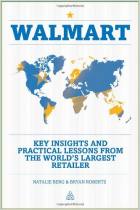
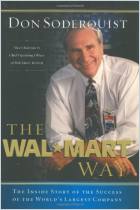
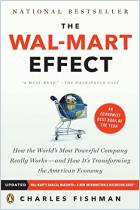
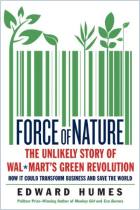

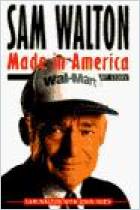









Comment on this summary or Diskussion beginnen